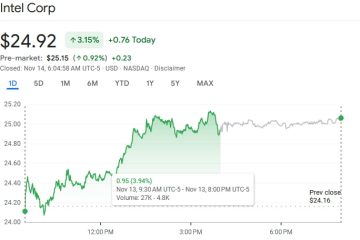Understanding Tata Capital IPO and Its Market Impact

Introduction
The initial public offering (IPO) of Tata Capital has garnered significant attention in the financial markets, marking an important event for investors and analysts alike. With the company seeking to raise funds for its expansion, the IPO is not only a reflection of Tata Capital’s growth plans but also an indicator of investor confidence in the current economic climate. Given Tata’s historical significance in India, this IPO is particularly relevant in the context of the country’s evolving financial landscape.
Details of the IPO
Tata Capital, the financial services arm of the Tata Group, has announced plans to launch its IPO in early 2024. The company aims to raise approximately INR 2,500 crores through the public offering. The funds raised are intended for augmenting its capital base and facilitating growth in various business segments such as retail finance, corporate lending, and investment banking.
As part of the IPO process, Tata Capital plans to issue a combination of new shares and an offer for sale by existing shareholders, including Tata Sons. According to company sources, the pricing range per share is yet to be disclosed but is expected to be competitive, attracting a wide array of investors.
Market Trends and Investor Sentiment
The financial services sector is paramount to India’s economic growth, and Investor sentiment remains cautiously optimistic amidst global economic uncertainties. Recent trends in the Indian stock market show a strong appetite for IPOs, especially from established firms with a strong track record like Tata. Analysts speculate that the Tata Capital IPO could see substantial demand, considering the strong brand value of the Tata Group and its history of prudent business practices.
The revival in market conditions, coupled with a decrease in inflation rates, has provided a conducive environment for new listings. Investors are looking for opportunities as they seek to capitalize on this positive momentum. The Tata Capital IPO, therefore, presents a promising prospect for those considering long-term investments.
Conclusion
In conclusion, Tata Capital’s upcoming IPO stands as an important event in the Indian financial sector, with the potential to reshape investor engagement in the marketplace. This move not only signifies Tata Capital’s strategic vision for growth but also reflects the larger trends within the economy. Should the IPO perform well, it could pave the way for more companies in the financial sector to follow suit, ultimately contributing to a more robust market environment. Investors are advised to stay updated on the company’s financial health and market conditions as the IPO date approaches.









